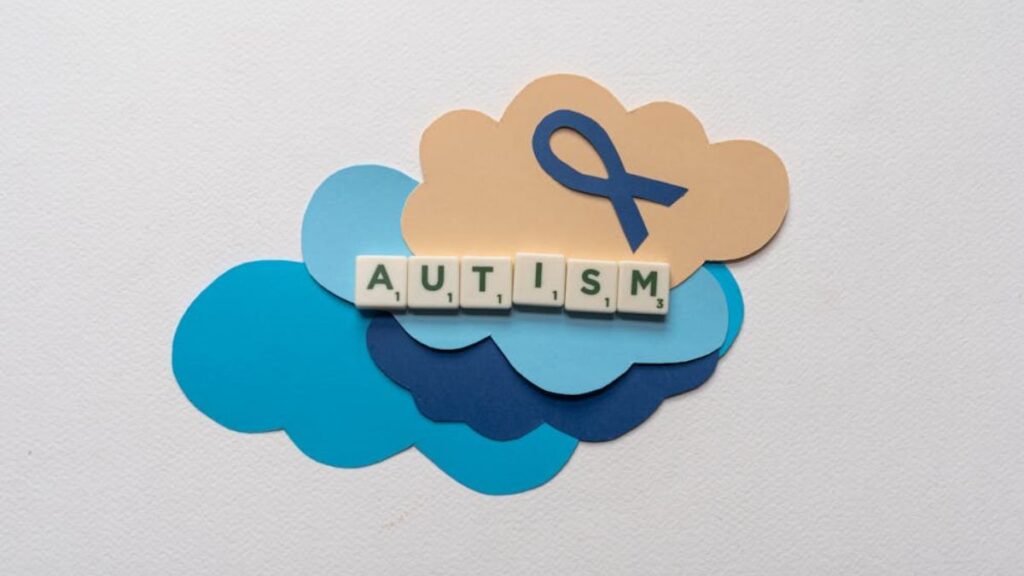Complete Guide to Getting ABA Covered by Insurance in New York, New Jersey & Virginia
Key points: Understand Medicaid and private insurance rules in New York, New Jersey, and Virginia for ABA therapy coverage. Learn step by step how to request authorization, avoid delays, and respond to insurance denials. Discover state specific waivers and protections that reduce out of pocket ABA therapy costs for families. Understanding how to get ABA […]
Complete Guide to Getting ABA Covered by Insurance in New York, New Jersey & Virginia Read More »










